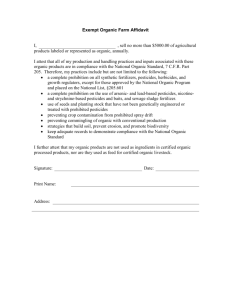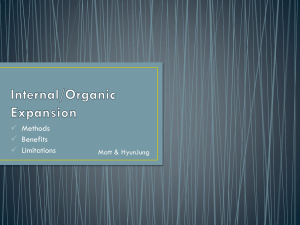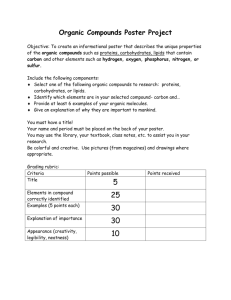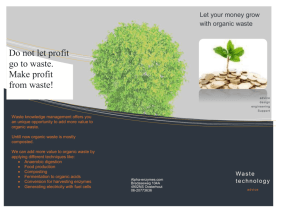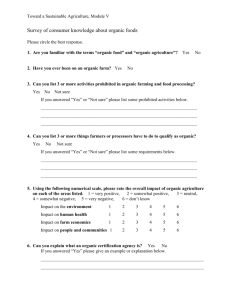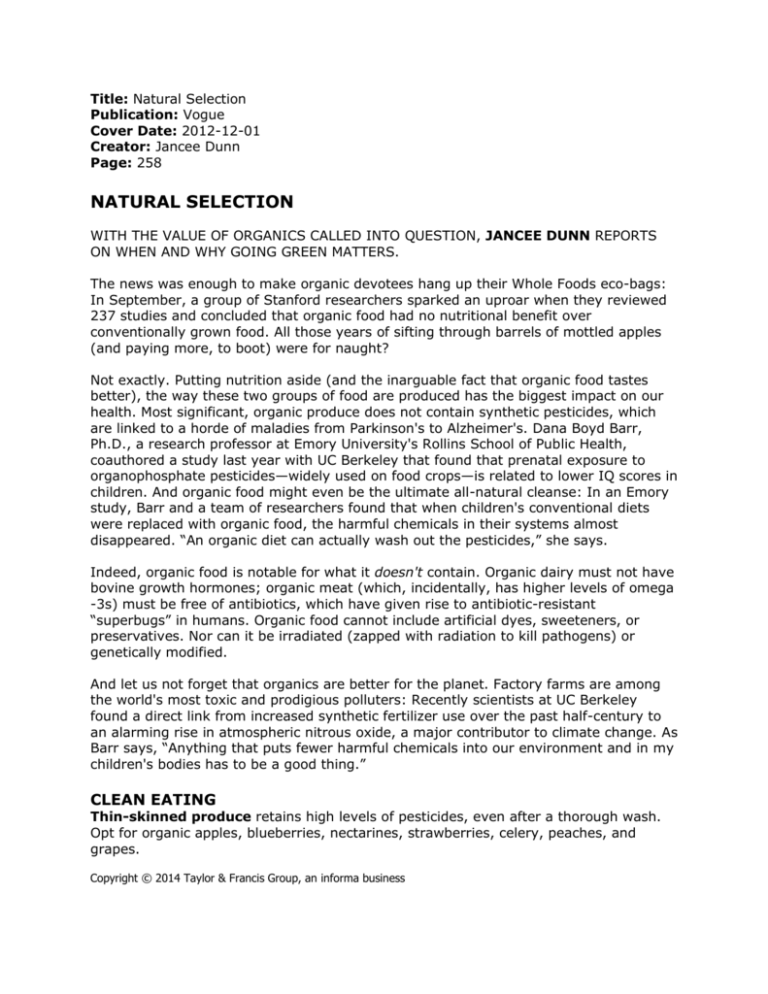
Title: Natural Selection
Publication: Vogue
Cover Date: 2012-12-01
Creator: Jancee Dunn
Page: 258
NATURAL SELECTION
WITH THE VALUE OF ORGANICS CALLED INTO QUESTION, JANCEE DUNN REPORTS
ON WHEN AND WHY GOING GREEN MATTERS.
The news was enough to make organic devotees hang up their Whole Foods eco-bags:
In September, a group of Stanford researchers sparked an uproar when they reviewed
237 studies and concluded that organic food had no nutritional benefit over
conventionally grown food. All those years of sifting through barrels of mottled apples
(and paying more, to boot) were for naught?
Not exactly. Putting nutrition aside (and the inarguable fact that organic food tastes
better), the way these two groups of food are produced has the biggest impact on our
health. Most significant, organic produce does not contain synthetic pesticides, which
are linked to a horde of maladies from Parkinson's to Alzheimer's. Dana Boyd Barr,
Ph.D., a research professor at Emory University's Rollins School of Public Health,
coauthored a study last year with UC Berkeley that found that prenatal exposure to
organophosphate pesticides—widely used on food crops—is related to lower IQ scores in
children. And organic food might even be the ultimate all-natural cleanse: In an Emory
study, Barr and a team of researchers found that when children's conventional diets
were replaced with organic food, the harmful chemicals in their systems almost
disappeared. “An organic diet can actually wash out the pesticides,” she says.
Indeed, organic food is notable for what it doesn't contain. Organic dairy must not have
bovine growth hormones; organic meat (which, incidentally, has higher levels of omega
-3s) must be free of antibiotics, which have given rise to antibiotic-resistant
“superbugs” in humans. Organic food cannot include artificial dyes, sweeteners, or
preservatives. Nor can it be irradiated (zapped with radiation to kill pathogens) or
genetically modified.
And let us not forget that organics are better for the planet. Factory farms are among
the world's most toxic and prodigious polluters: Recently scientists at UC Berkeley
found a direct link from increased synthetic fertilizer use over the past half-century to
an alarming rise in atmospheric nitrous oxide, a major contributor to climate change. As
Barr says, “Anything that puts fewer harmful chemicals into our environment and in my
children's bodies has to be a good thing.”
CLEAN EATING
Thin-skinned produce retains high levels of pesticides, even after a thorough wash.
Opt for organic apples, blueberries, nectarines, strawberries, celery, peaches, and
grapes.
Copyright © 2014 Taylor & Francis Group, an informa business
Organic beef and dairy products have lower residues of pesticides and chemicals,
and are free of antibiotics.
Greens retain high levels of chemicals, so it's best to buy organic lettuce, spinach,
mustard greens, kale, collard greens, and Swiss chard.
—JILLIAN DEMLING
FOR MORE BEAUTY NEWS AND FEATURES, GO TO VOGUE.COM.
FARM TO TABLE
AN ORGANIC DIET MAY BE THE ORIGINAL ALL-NATURAL CLEANSE.
Copyright © 2010 Condé Nast. All rights reserved.
Originally published in Vogue. Reprinted by permission.
Copyright © 2014 Taylor & Francis Group, an informa business



